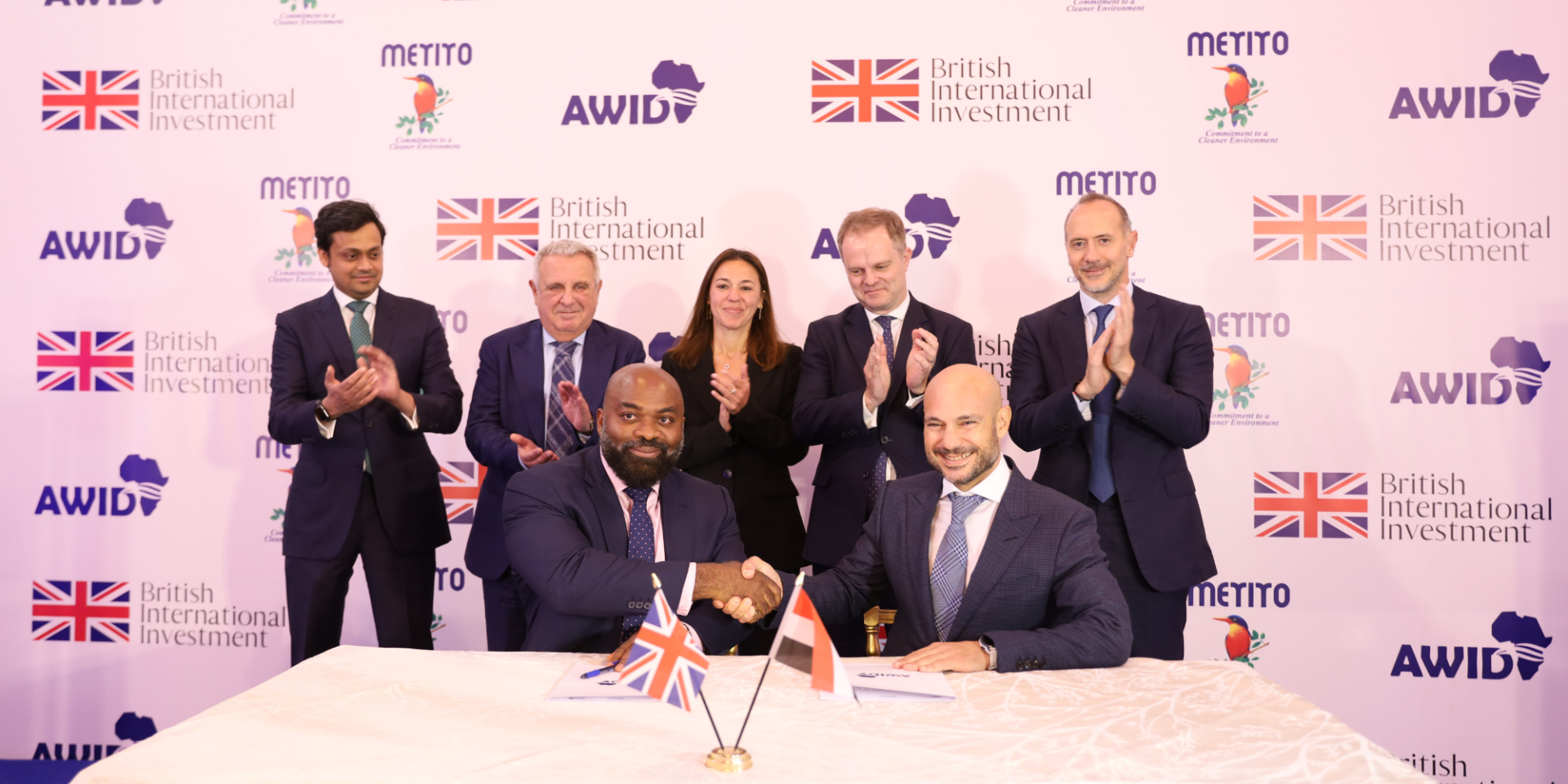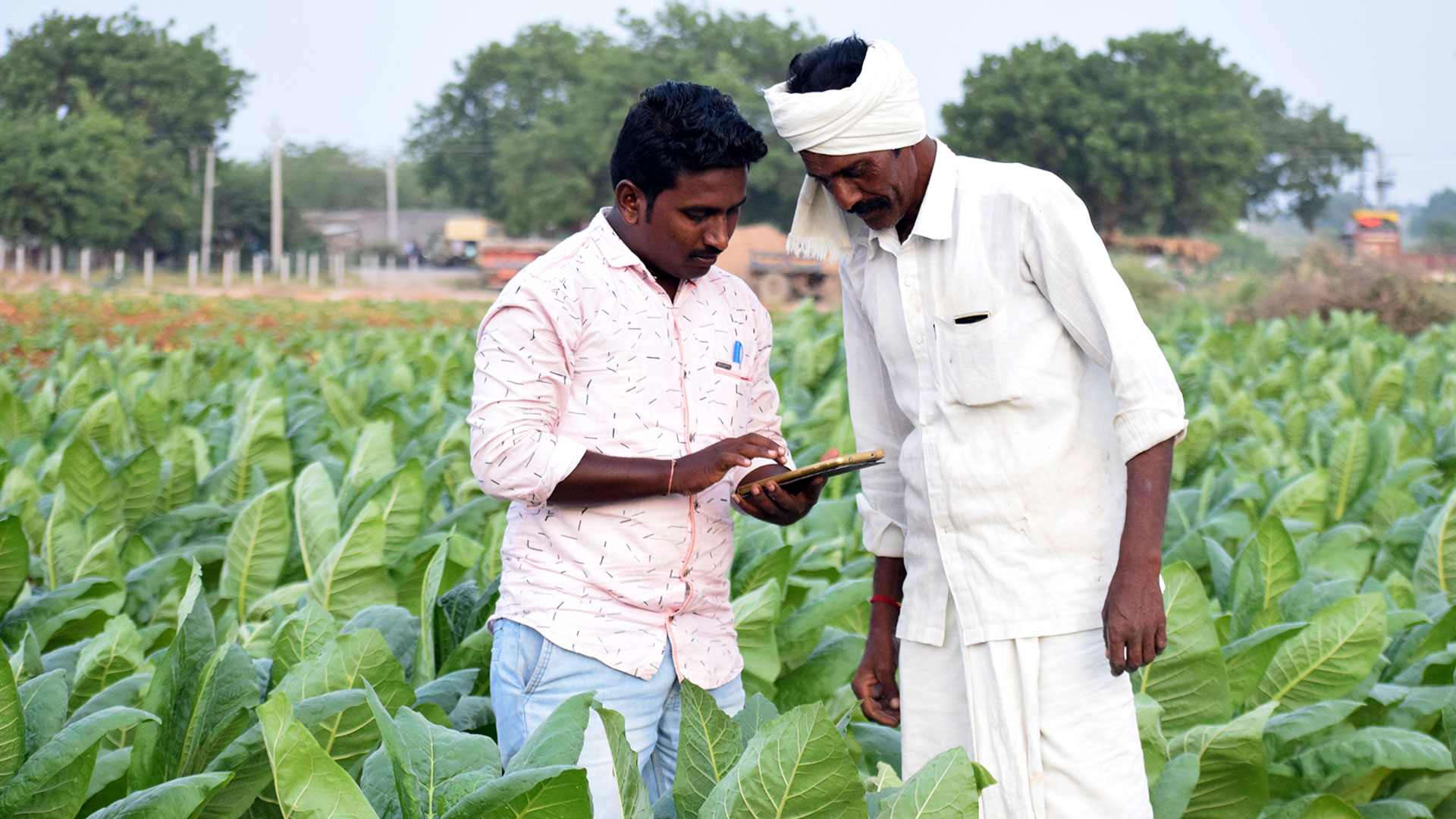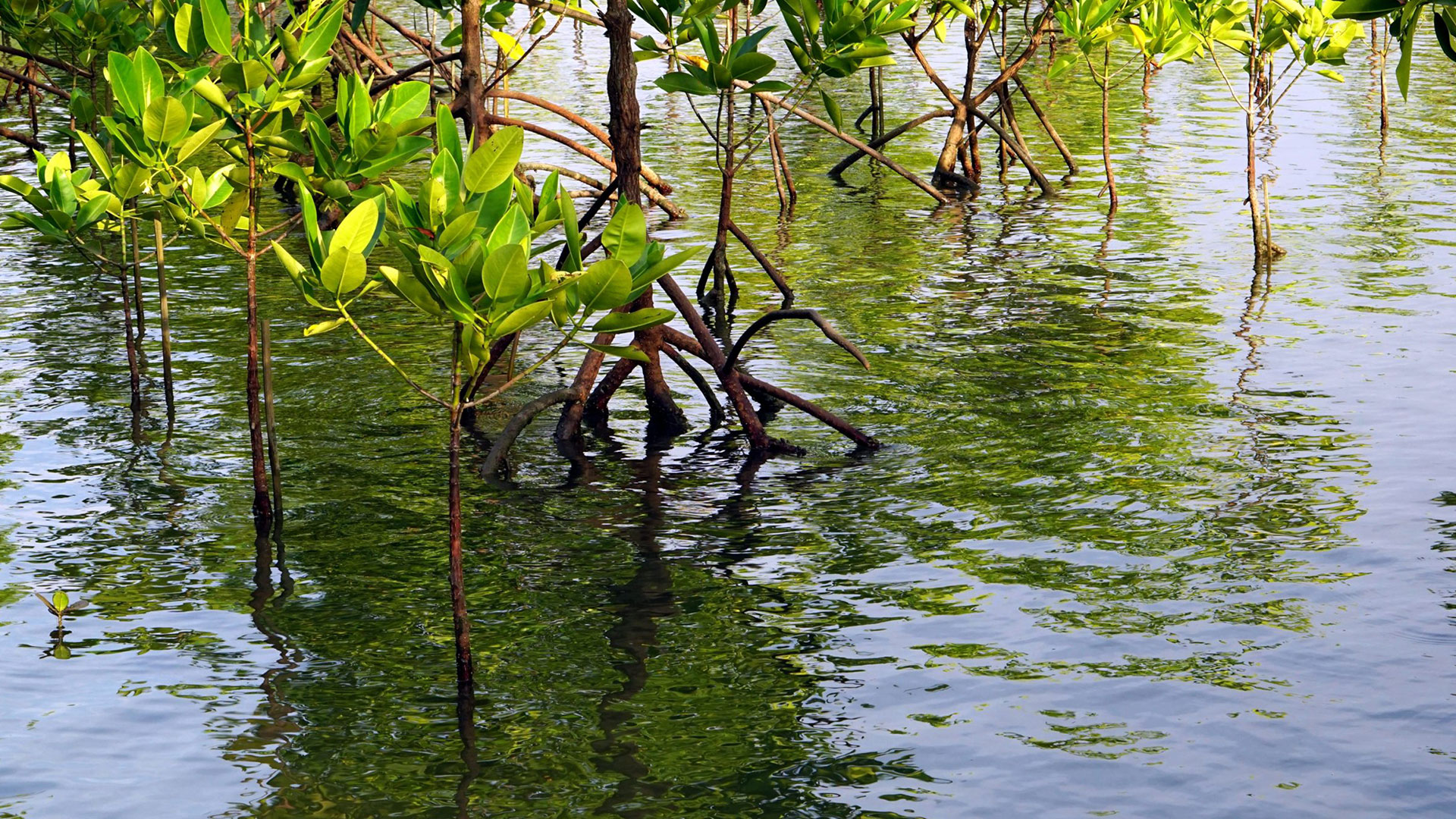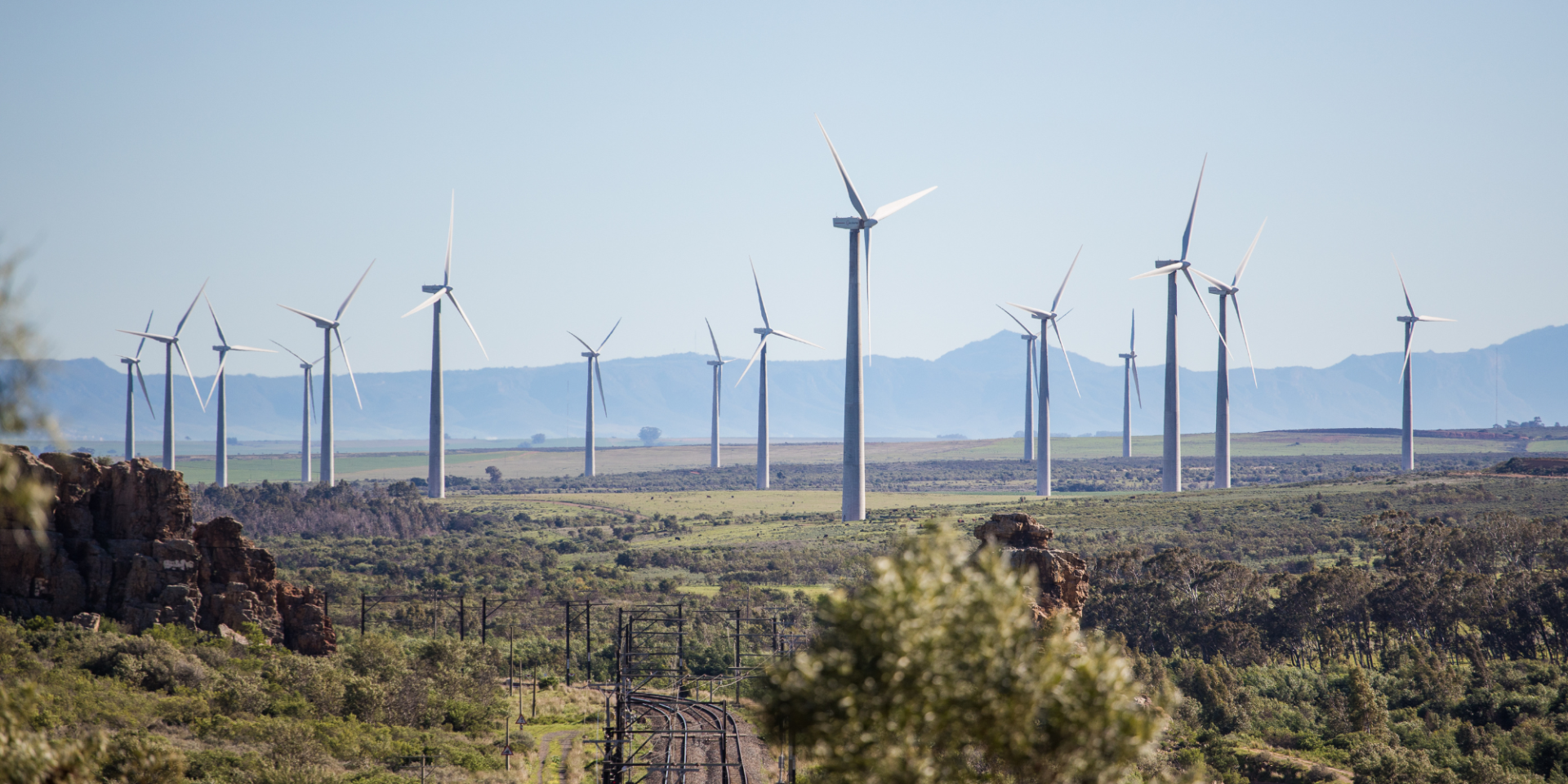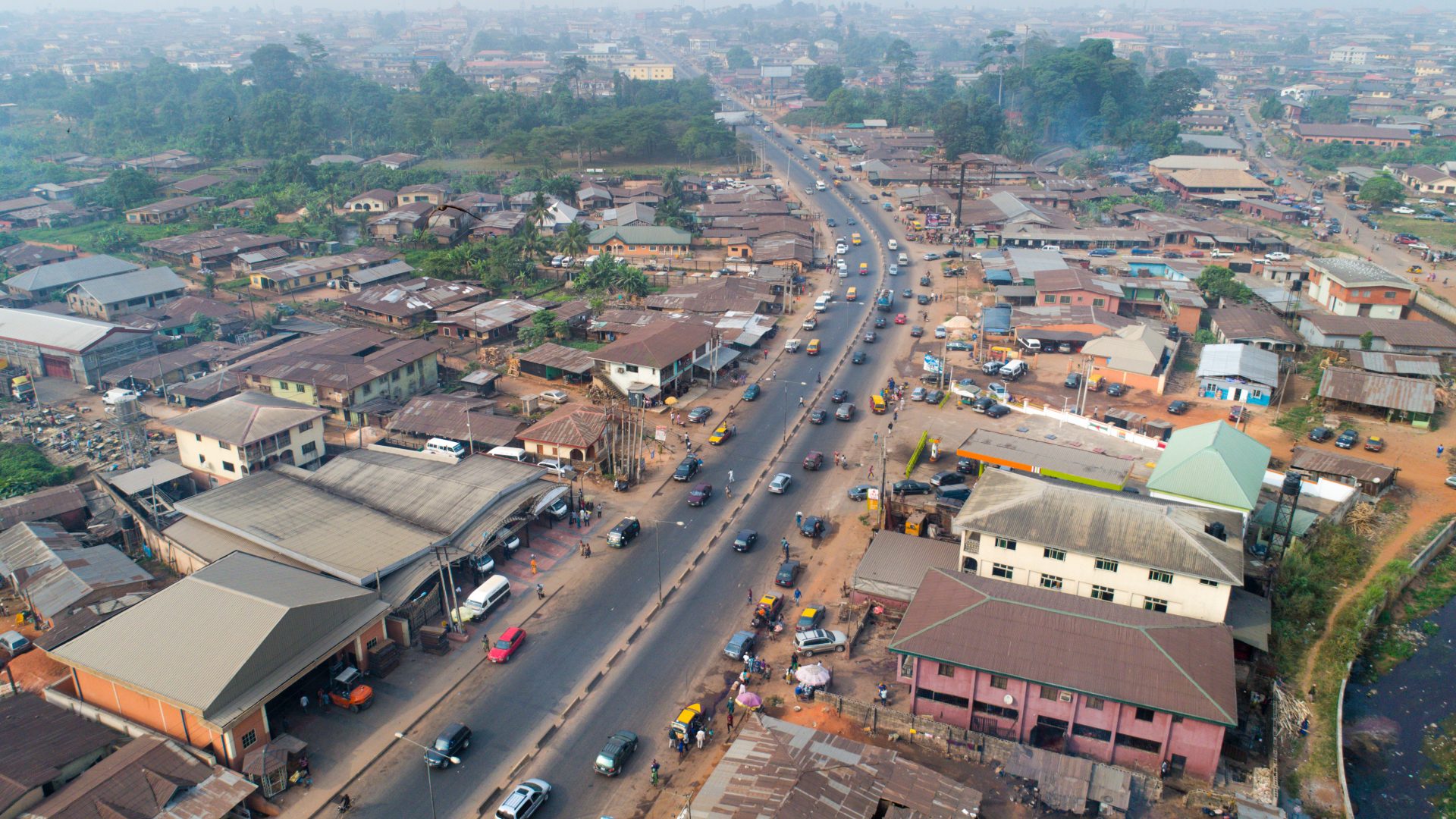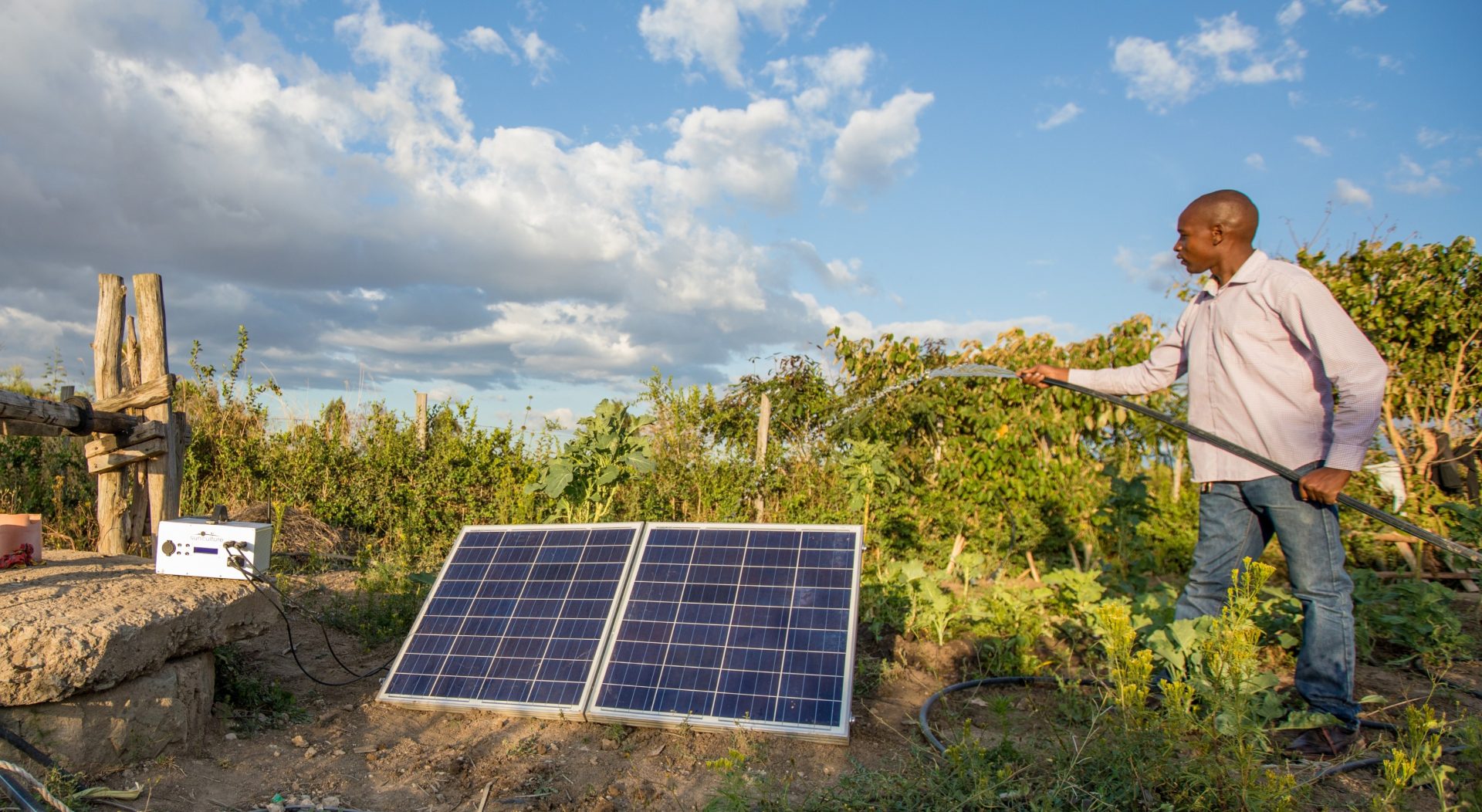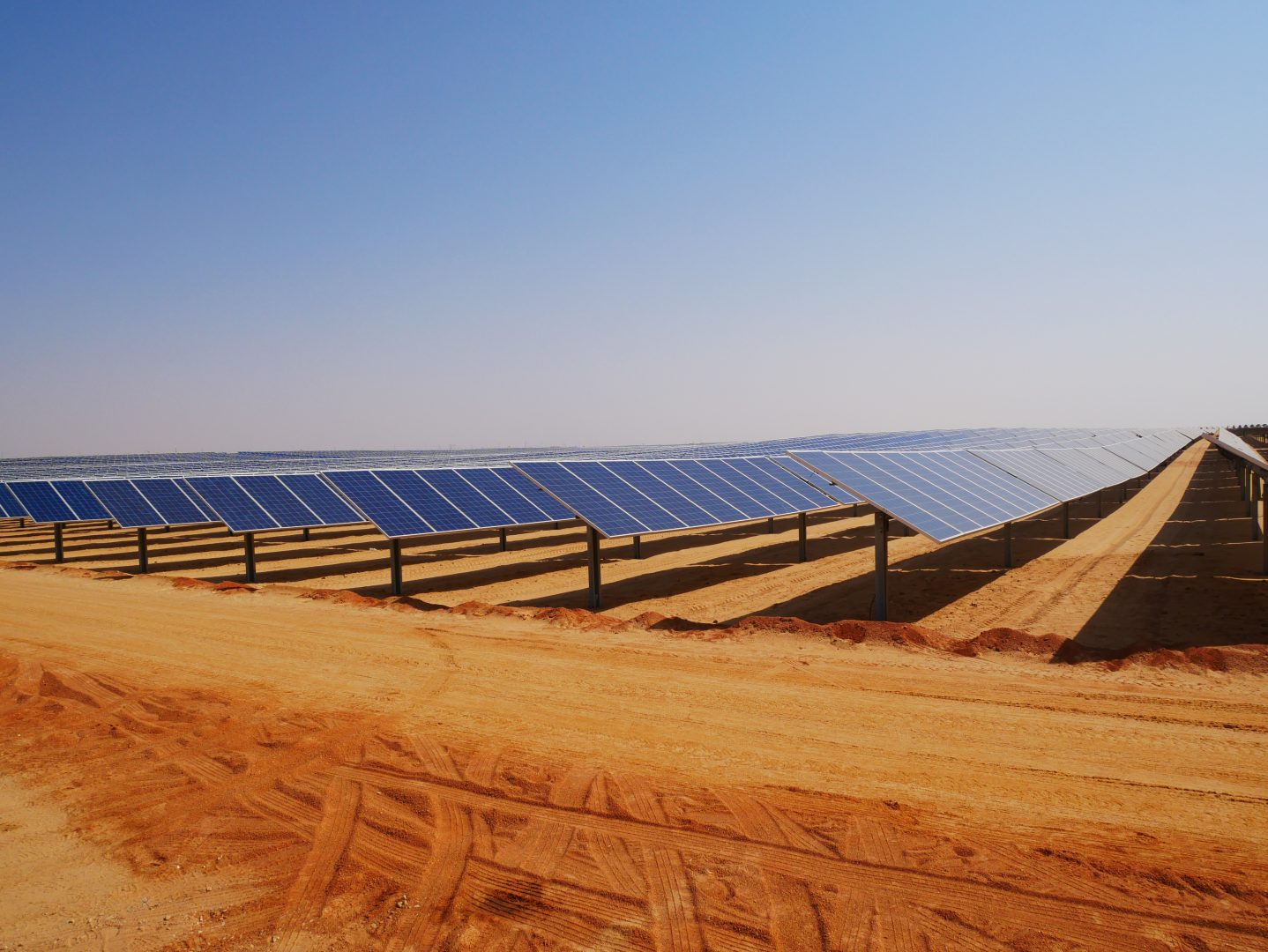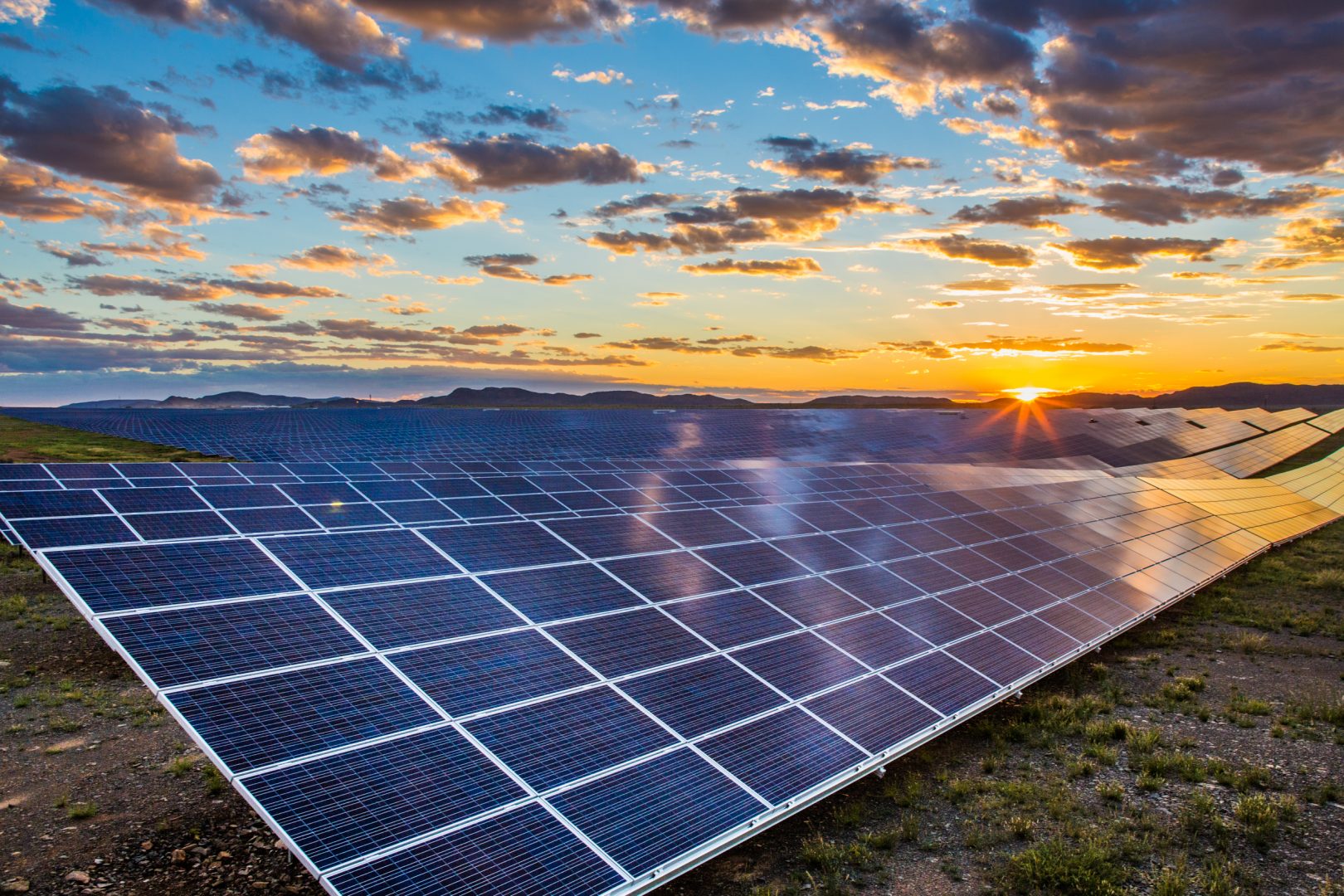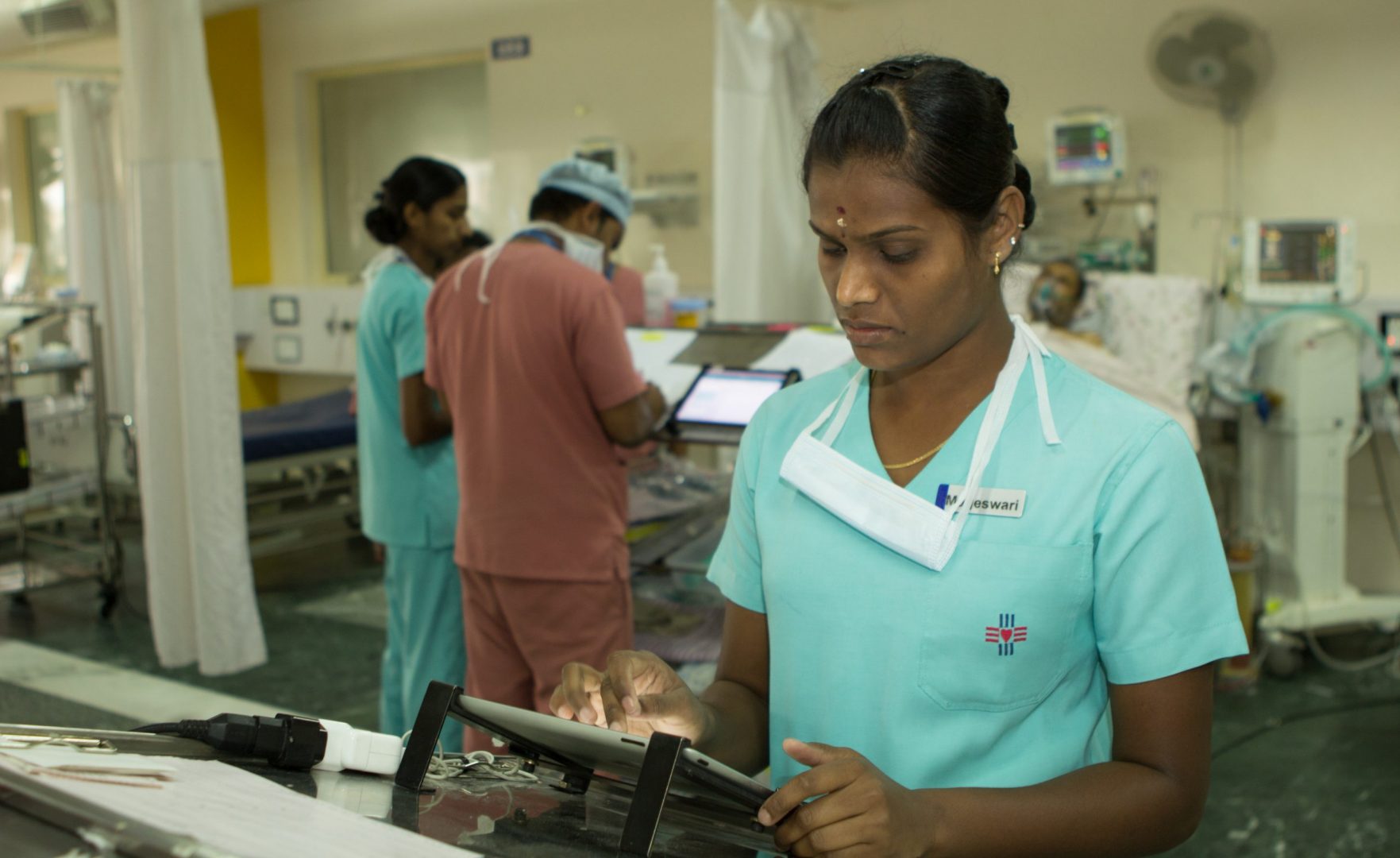- Vitally needed water infrastructure must be built to be climate-resilient and low-carbon
- Investment gap for climate-smart African water infrastructure is in excess of $55 billion per year
At a panel today at COP27, hosted by the UK Pavilion, British International Investment (BII) emphasised the need for more focus on investment and climate planning in the water and sanitation sectors across Africa to meet the Paris Agreement goals.
Water insecurity is major development challenge in Africa, which is being exacerbated by the climate emergency. The investment gap for water and sanitation infrastructure in Africa is $45-55 billion every year until 2025, but these estimates do not fully take account of the need to create climate resilient systems. Without accounting for climate change risks, countries may find themselves locked into inefficient systems that are ill-equipped to meet countries’ needs in a changing climate.
Chris Chijiutomi, BII’s Managing Director and Head of Infrastructure Equity, Africa said: “The climate emergency is already moving the goalposts on water sector investment. As well as meeting the existing acute development need for clean water and sanitation, investment in the sector must also take into account the shocks and stresses on ecosystems that are already being felt across Africa. BII intends to invest $200m into water infrastructures over the next five years, as part of our commitment to adaptation and resilience financing, and work to mobilise considerably more.”
Creating climate-resilient water systems require policymakers to take a system-wide view of a country’s water needs across the entire value chain from resource protection and management, production, transmission, use and re-use.
BII will be publishing a blueprint on how African nations can involve the private sector to build climate-resilient and low-carbon water systems by applying the newly developed CARE for Water approach (Climate Adaptation and Renewable Energy).
This forthcoming blueprint is designed to support potential investors in water infrastructure to integrate climate risks and resilience in decision-making. It also aims to help policy makers and investors accelerate planning and capital flows into the sector in the coming years.
BII has also partnered with WWF to enhance the Water Risk Filter tool – a leading online tool for assessing and responding to water-related risk across companies’ operations and supply chain, or investors’ portfolios. BII’s partnership with WWF helped enhance the tool’s functionalities to enable companies and investors to assess water-related financial risks under various climate change scenarios. Climate-related scenario analysis is a key recommendation of the Task Force on Climate-related Financial Disclosure (TCFD).
Last week BII announced its intention to partner with Metito, a leading provider of water and wastewater management solutions across emerging markets to increase investment to climate resilient water infrastructure across Africa.
Mr Chijiutomi added: “We are extending our commitment to climate finance to go beyond energy into other vital sectors that urgently require investment to make them more resilient to the impacts of the climate emergency that are already being acutely felt today. Water will become a strategically important arena for us and we are committed to being a key investor in the industry.
“The package of announcements made at COP represents the starting point for BII to make climate-resilient and low-carbon water infrastructure investments in our markets to enable Paris-aligned development.”
ENDS
For further information and for interview requests please contact:
Andrew Murray-Watson, Head of UK Media
M: +44 7515 695232
